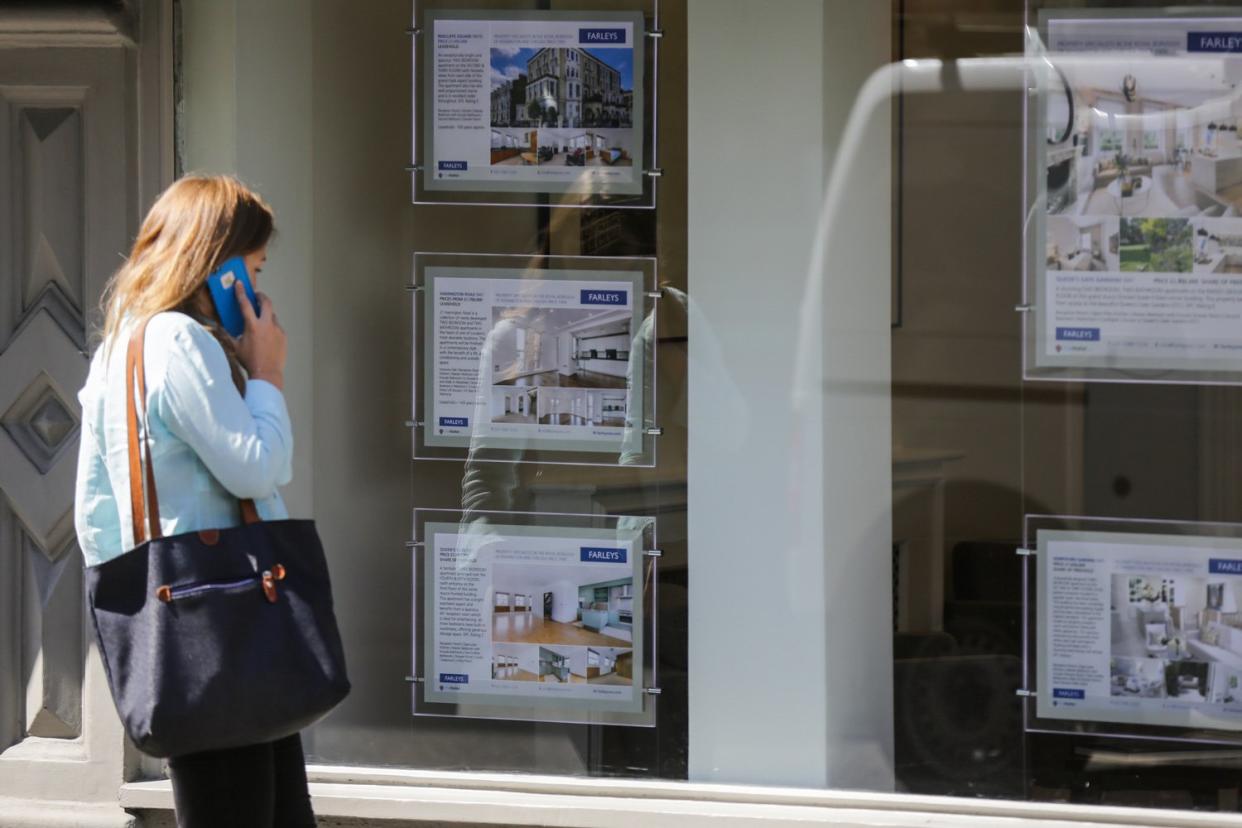Russell Lynch: Brave politicians to reform unfair property taxes are wanted

It’s not often I find myself agreeing with Jacob Rees-Mogg. But the arch-Brexiteer and so-called “MP for the seventeenth century” had it right this week when he said stamp duty on homes should be cut as “a matter of urgency”.
His call would certainly win cheers among the thousands of London buyers, who stumped up £4.8 billion of the £10.5 billion total stamp duty revenues taken by the Treasury last year.
Buying a home in the capital, if you’re lucky enough to be in that position, is inevitably accompanied by an eye-watering tax payout, thrown on top of the already exorbitant mortgage with a wince.
There’s something that sets your teeth on edge about stamp duty. It may have been around since 1694, but over the past 25 years, during which house prices have quadrupled, more and more of us have been sucked in.
Almost three quarters of UK transactions now fall within its reach, compared with 42% in 1993.
Sure, recent reforms have curbed the more absurd distortions; such as the “slab” system that until three years ago saw buyers pay £2500 stamp on a house worth £250,000 and £7500 on a home bought for £1 more.
But in general economists (not just homebuyers) still hate it because it’s a tax on mutually beneficial transactions, which creates economic inefficiencies.
These include making the labour market less flexible by discouraging people from moving and distorting the market to the extent that older people are more likely to live in underoccupied homes, at a time we’re crying out for family housing.
If we were starting today, there’s little chance we would end up with this set-up; but on the other hand, any Chancellor would baulk at forgoing the £17 billion-plus in takings that stamp duty is set to bring in by 2021.
So what do you replace it with? A few years back the Institute for Fiscal Studies described UK property taxation as a “mess” in a review of the entire system by Nobel laureate Sir James Mirrlees.
Also in his sights was council tax, which thanks to a succession of “spineless” (his words) governments, is still absurdly based on 1991 valuations.
The tax on the top band of housing (worth £320,000 or more on 1991 prices) is twice as much as homes in the bottom rung, despite the property being worth at least four times as much. That’s clearly unfair.
What economists like Mirrlees wanted to see is some kind of “housing services tax”, levied as a simple percentage of the rental value of each property, be it rented or owner occupied.
At a stroke that sweeps away unfair council tax bands, although there would be no reductions for single-person households, for fear of distorting the market and encouraging inefficient use of the stock.
In 2011 he calculated an HST of around 0.6% of a property’s value would replace council tax, while spreading the payments more fairly up the chain.
If you set the tax higher, then there could be enough to get rid of stamp duty on house purchases as well. And if we’re reforming the tax system, why not replace business rates with a land value tax?
Campaigners say taxing land, whether it’s been built on or not, makes perfect sense. It won’t affect supply (there won’t be any more or less land), and it automatically means the wealthier types who own more of it would pay more. You can’t hide land, so you can’t avoid the tax either.
And at a stroke it would also discourage owners from sitting on land speculatively (currently paying no business rates), because they’d pay the tax anyway so there’s a incentive to make it more productive.
And if some lucky landowner sees its value double because a taxpayer-funded Crossrail station has been built next door, why shouldn’t they pay a bit more? It all sounds great in economic theory.
But there would be losers as well as winners, including retired older people who live in expensive homes on low incomes. And as we’ve just seen on business rates, revaluations can be politically toxic.
Tackling council tax will create a row a thousand times bigger.
In the meantime, we’re lumbered with an unfair, inefficient property taxation regime. “At some point, some government will have to grasp the challenge of making the case for intelligent reform,” said Mirrlees six years ago. Don’t hold your breath.

 Yahoo News
Yahoo News 
